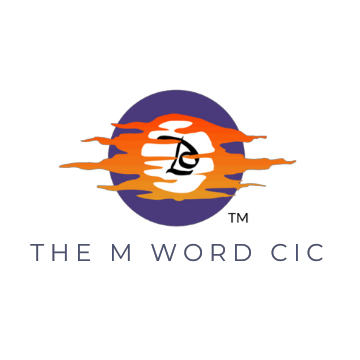Mental Health Q&A
Q - We put in for a referral to for Autism and ADHD assessment. Both referrals have been declined twice.
A – young people are assessed on a screening questionnaire which is sent to both the parents and the school. There is a disparity here as the expectation is to see a young person behaving in the same way at home as they do at school. For a large percentage, this is simply not the case. The feedback from both reports will be different very often with school suggesting that the young person is ‘fine’ in school . When, in fact, this might be because the young person is compliant, masking, and not being disruptive. It is really important that you find somewhere that is not dependent upon the school’s take on it – whilst this is helpful, your child is simply a name, and it is impossible for a school to get to know each student so well, then they can spot the differences like a parent can.
Q - The NHS follow the National Institute of Clinical Excellence (NICE)guidelines. Do you also follow them?
A - The National Institute for Health and Care Excellence (NICE) is an executive non-departmental public body, in England, of the Department of Health and Social Care, that publishes guidelines in four areas:
the use of health technologies within England's National Health Service (NHS) and NHS Wales (such as the use of new and existing medicines, treatments and procedures)
clinical practice (guidance on the appropriate treatment and care of people with specific diseases and conditions)
guidance for public sector workers on health promotion and ill-health avoidance
guidance for social care services and users
These appraisals are based primarily on evidence-based evaluations of efficacy, safety and cost-effectiveness in various circumstances.
NICE carries out assessments of the most appropriate treatment regimes for different diseases. This must take into account both desired medical outcomes (i.e. the best possible result for the patient) and also economic arguments regarding differing treatments.
The assessments undertaken by TMW cic are above standard of the NHS with Lavinia priding herself on making all her reports robust, substantive to supporting the client’s voice of their concerns, and efficient to support professional organizations in helping the client. NHS managers have remarked how professional and thorough her reports are. Tribunal Court Judges have instructed Local Authorities to support a young person based on her reports because of the high level of assessment with evidence to support.
Therapeutic interventions are of the same caliber in that NICE guidelines recommend talking therapy as the first line treatment for mental health. Both Anxiety and Depression are encouraged to use Cognitive Behaviour Therapy (CBT) for clients, but these have very limited positive effect for clients with an Autistic presentation, even if they are ‘adapted’ to support. Lavinia has found that her skill set around different types of therapy, agreed by NICE guidelines, such as counselling and Interpersonal Therapy made into a bespoke package of care is actually more effective. These are regularly measured for progress by using Risk Assessment Grids (RAGs) as well as partial screenings to update and guide therapeutic input.
